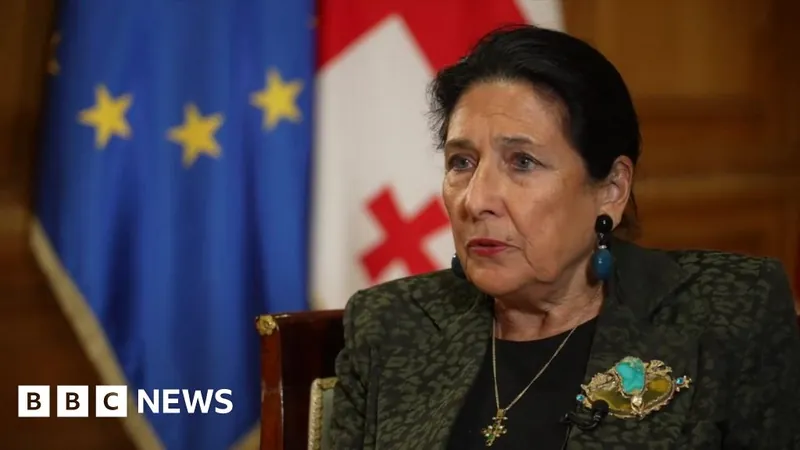
Georgia's President Demands Fresh Elections as Protests Rage On
2024-11-30
Author: Benjamin
In a dramatic turn of events, Georgia's pro-Western President Salome Zourabichvili has called for new parliamentary elections amid escalating protests against government decisions that have stifled the country's European Union ambitions. The unrest has gripped Georgia's capital, Tbilisi, as citizens express their discontent over the ruling party's decisions perceived as a shift toward closer ties with Russia.
Zourabichvili, who has voiced her allegiance to the opposition, labeled the current parliament as "illegitimate," following serious allegations of electoral fraud in last month's parliamentary elections. Despite pressure from the new parliament, which intends to appoint her successor on December 14, Zourabichvili pledged to remain in her role as president until new elections are held.
Protests have turned into a nightly affair, with demonstrators clashing with riot police who have employed water cannons and tear gas to disperse crowds. This civil unrest has sparked simultaneous protests in major cities, including Batumi, Kutaisi, and Zugdidi, showing a nationwide demand for change.
“I’m offering this stability for the transition, because what these people on the streets are demanding is a call for new elections to restore this country and its European path,” Zourabichvili declared as she highlighted the significant public desire to resume negotiations for EU membership.
The discontent has not only sparked protests but also prompted hundreds of civil servants to openly oppose the government’s decision to pause EU negotiations, citing the action as detrimental to Georgia's national interests. Furthermore, a wave of resignations among ambassadors—specifically in Bulgaria, the Netherlands, and Italy—has raised alarms about the credibility of the current administration.
Since 2012, the ruling party, Georgian Dream, has faced accusations of steering the nation away from the EU and toward Russia, a sentiment strongly opposed by segments of the population and the opposition. Following the European Parliament's recent condemnation of the election process, the Georgian Prime Minister announced that discussions regarding EU accession would be suspended until at least 2028, further inflaming tensions within the country.
Activism is fervent, with public figures, journalists, and writers gathering outside the state broadcaster to denounce its pro-government narratives. Writer and activist Lasha Bugadze argued, “The public broadcaster must be freed from the influence of the Russians and the pressure of the regime,” emphasizing the widespread criticism of state-controlled media as a vehicle for propaganda.
The coalition of opposition parties that boycotted the new parliament has publicly demanded fresh elections under international oversight, insisting, “Parties with a legitimate mandate of the Georgian people will confront the illegitimate regime of Georgian Dream.”
In a worrying escalation, authorities in Tbilisi have arrested approximately 150 individuals following protests that turned violent on November 29. Reports indicate police met demonstrators with force, utilizing rubber bullets and batons during confrontations. The Prime Minister has countered accusations of police misconduct by claiming that law enforcement officers faced violence from protesters, including attacks involving Molotov cocktails.
As the situation continues to evolve, the U.S. State Department has urged both the government and protesters to engage peacefully. A statement underscored broad public support among Georgians for closer ties with Europe, signaling that despite the government's recent moves, the desire for European integration remains robust and widespread.
The mounting chaos in Georgia is a stark reminder of the delicate balance between governmental authority and public demand for democratic integrity and alignment with European values. What lies ahead in this turbulent period could reshape the fabric of Georgian politics and its geopolitical position.
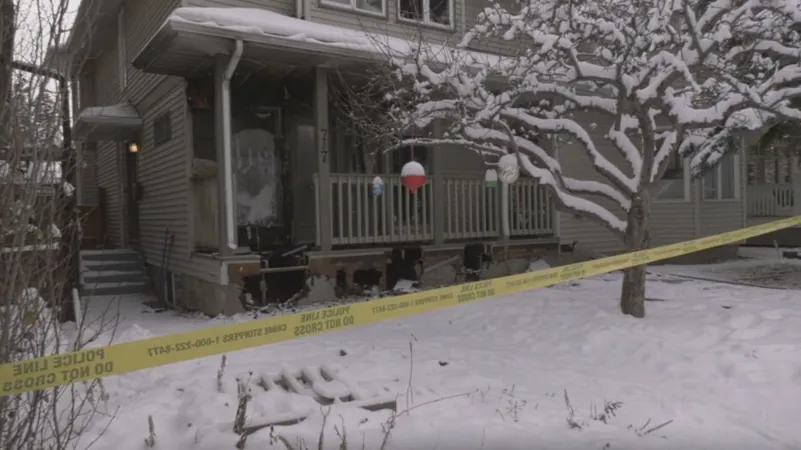
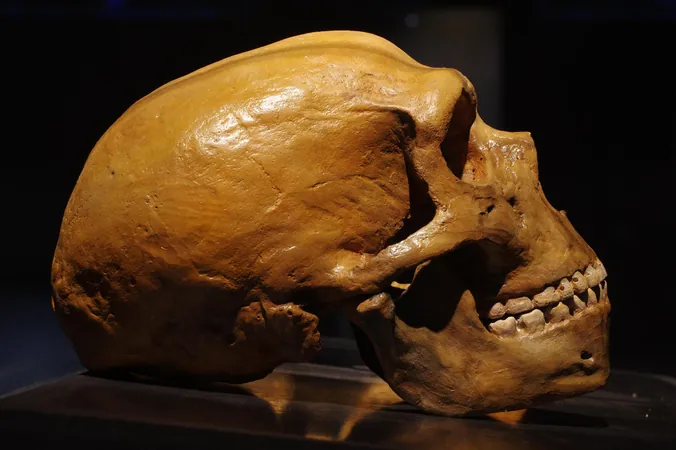
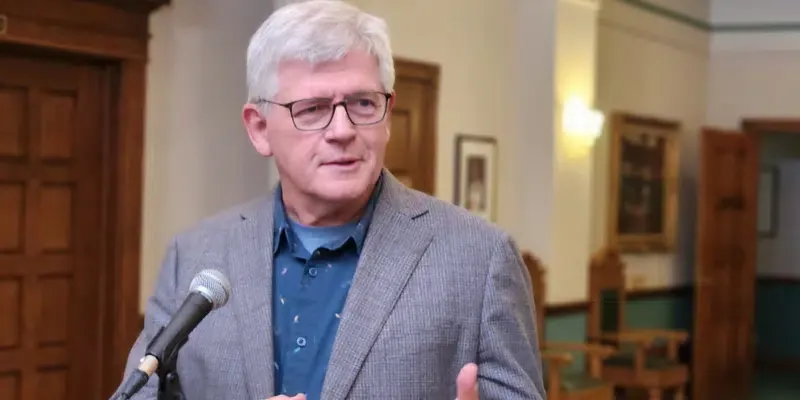

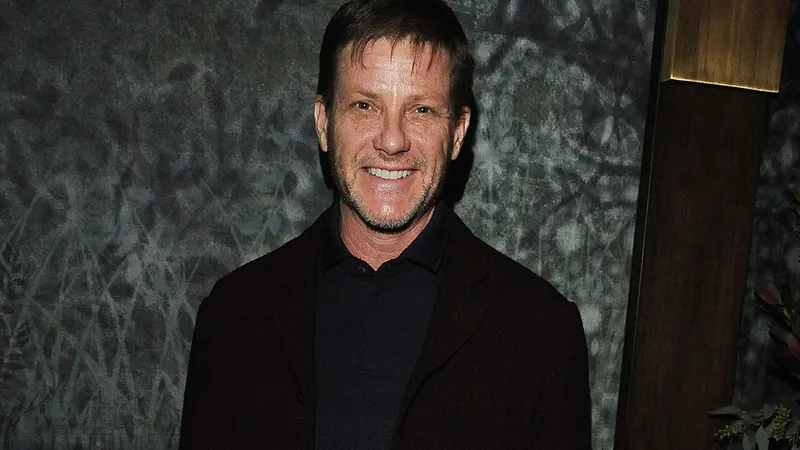




 Brasil (PT)
Brasil (PT)
 Canada (EN)
Canada (EN)
 Chile (ES)
Chile (ES)
 España (ES)
España (ES)
 France (FR)
France (FR)
 Hong Kong (EN)
Hong Kong (EN)
 Italia (IT)
Italia (IT)
 日本 (JA)
日本 (JA)
 Magyarország (HU)
Magyarország (HU)
 Norge (NO)
Norge (NO)
 Polska (PL)
Polska (PL)
 Schweiz (DE)
Schweiz (DE)
 Singapore (EN)
Singapore (EN)
 Sverige (SV)
Sverige (SV)
 Suomi (FI)
Suomi (FI)
 Türkiye (TR)
Türkiye (TR)